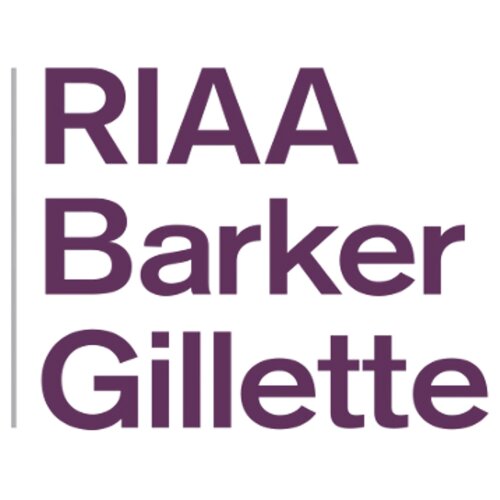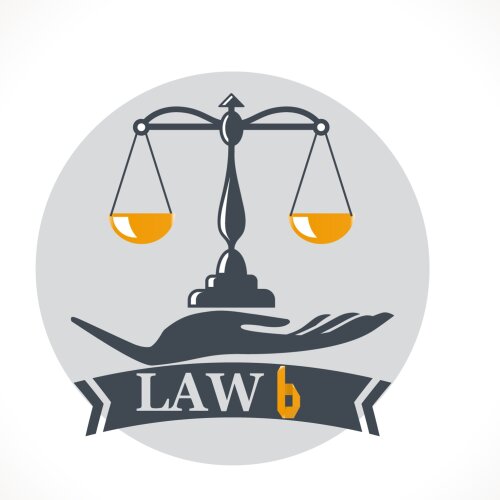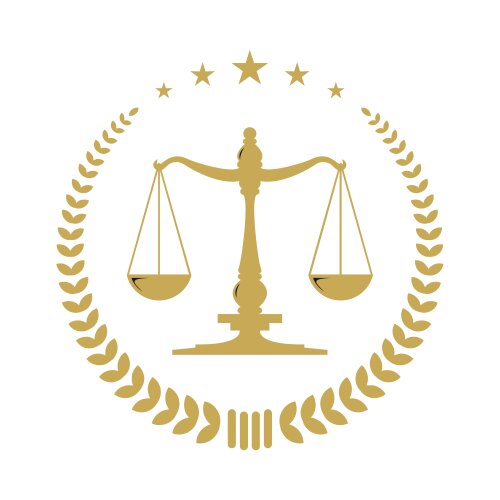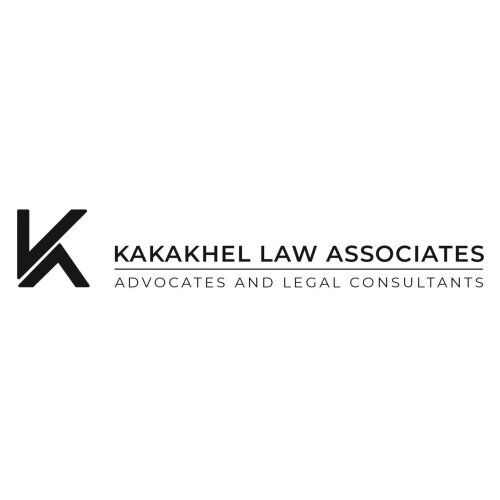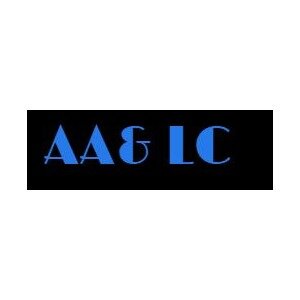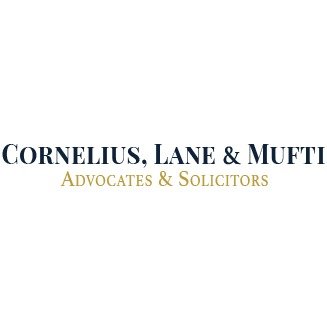Best Foreclosure Lawyers in Islamabad
Share your needs with us, get contacted by law firms.
Free. Takes 2 min.
Free Guide to Hiring a Real Estate Lawyer
List of the best lawyers in Islamabad, Pakistan
About Foreclosure Law in Islamabad, Pakistan:
Foreclosure is a legal process that allows a lender to recover the outstanding balance on a loan by seizing and selling the property on which the loan is secured. In Islamabad, Pakistan, foreclosure laws govern the procedures and requirements for this process. Understanding these laws is crucial if you are facing foreclosure or seeking to defend your rights as a borrower.
Why You May Need a Lawyer:
Many situations can arise where you may require legal help in the field of foreclosure. Some common scenarios include:
- Receiving a foreclosure notice from your lender
- Challenging the validity of the foreclosure process
- Negotiating with your lender for loan modifications or alternatives to foreclosure
- Defending your rights in court during foreclosure proceedings
- Understanding the legal implications of foreclosure on your credit and future prospects
Local Laws Overview:
Foreclosure laws in Islamabad, Pakistan revolve around the Transfer of Property Act, 1882, and the Code of Civil Procedure, 1908. Here are some key aspects of these laws that are particularly relevant to foreclosure:
- Only authorized financial institutions can initiate foreclosure proceedings.
- Foreclosure notices must be lawfully delivered to the borrower.
- The borrower has the right to contest the foreclosure in court.
- The court must determine if the foreclosure process is being followed correctly.
- Redemption rights may be available to the borrower during certain stages of the foreclosure process.
Frequently Asked Questions:
Q: How long does the foreclosure process typically take in Islamabad, Pakistan?
A: The duration of the foreclosure process can vary depending on several factors, but it generally takes around 6 to 12 months.
Q: Can I stop or delay foreclosure by filing for bankruptcy?
A: Filing for bankruptcy can potentially delay foreclosure, but it is crucial to consult with a lawyer to understand the specific implications and requirements.
Q: Can foreclosure be prevented through loan modification?
A: Loan modification is a possible option to prevent foreclosure. However, it requires negotiation with the lender and meeting their criteria. Seeking legal advice can help navigate this process.
Q: What are the consequences of foreclosure on my credit score?
A: Foreclosure can significantly impact your credit score, making it more challenging to obtain future loans and negatively affecting your financial stability. It is advisable to consult with a credit counselor.
Q: What rights do I have as a borrower during the foreclosure process?
A: As a borrower, you have the right to contest the foreclosure proceedings, examine the legality of the process, and potentially redeem the property during specific stages. A lawyer can guide you through exercising these rights.
Additional Resources:
- Islamabad Bar Association - www.isb.com.pk
- State Bank of Pakistan - www.sbp.org.pk
- Financial Institutions (Recovery of Finances) Ordinance, 2001 - www.finance.gov.pk
Next Steps:
If you are in need of legal assistance regarding foreclosure in Islamabad, Pakistan, follow these steps:
- Gather all documentation related to your loan and foreclosure proceedings.
- Research and identify experienced foreclosure lawyers specializing in Islamabad law.
- Schedule initial consultations with potential lawyers to discuss your case.
- Choose a lawyer who understands your situation and can provide the necessary legal representation.
- Work closely with your chosen lawyer to determine the best course of action and protect your rights during the foreclosure process.
Lawzana helps you find the best lawyers and law firms in Islamabad through a curated and pre-screened list of qualified legal professionals. Our platform offers rankings and detailed profiles of attorneys and law firms, allowing you to compare based on practice areas, including Foreclosure, experience, and client feedback.
Each profile includes a description of the firm's areas of practice, client reviews, team members and partners, year of establishment, spoken languages, office locations, contact information, social media presence, and any published articles or resources. Most firms on our platform speak English and are experienced in both local and international legal matters.
Get a quote from top-rated law firms in Islamabad, Pakistan — quickly, securely, and without unnecessary hassle.
Disclaimer:
The information provided on this page is for general informational purposes only and does not constitute legal advice. While we strive to ensure the accuracy and relevance of the content, legal information may change over time, and interpretations of the law can vary. You should always consult with a qualified legal professional for advice specific to your situation.
We disclaim all liability for actions taken or not taken based on the content of this page. If you believe any information is incorrect or outdated, please contact us, and we will review and update it where appropriate.




